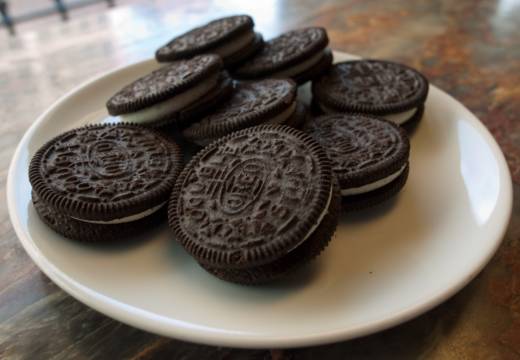Listen up, night owls: If you're sleeping six or fewer hours per night, you're not doing your health any favors.
A new study finds that getting the recommended seven to nine hours of sleep per night may help you tame your sweet tooth.
Researchers at King's College London recruited "short sleepers" — that is, people who routinely sleep less than seven hours per night. The participants were coached on strategies to extend sleep time, such as cutting back on caffeine, reducing screen time and sticking to a regular bedtime each night.
Based on this coaching, the short sleepers began to sleep about one hour more per night. And here's the fascinating part: They also changed their diets — without being asked.
"We found that those who extended their sleep [also] reduced their intake of added sugars by about 10 grams per day," explains one of the study authors, Haya Al Khatib, a doctoral candidate at King's College London.
